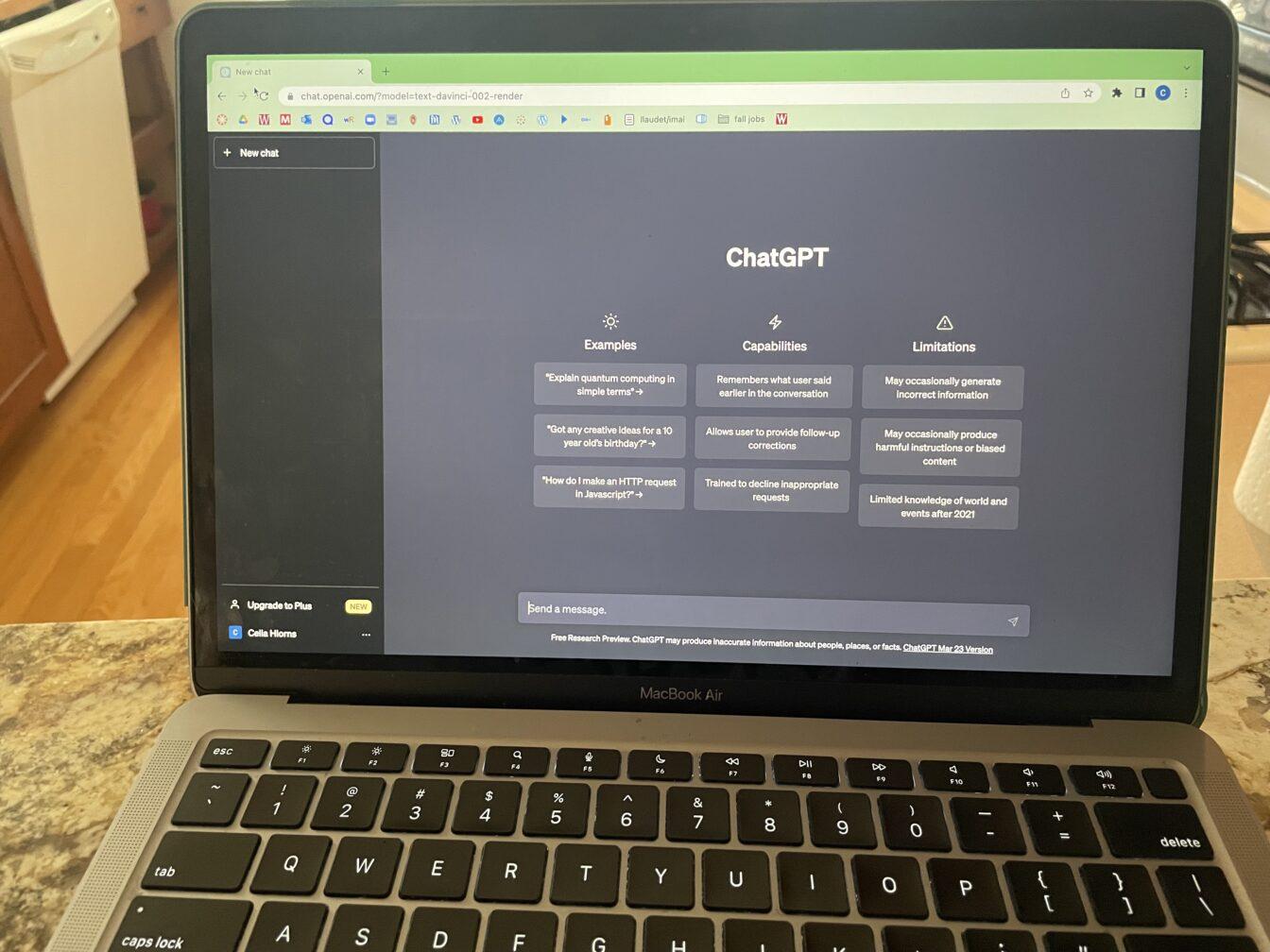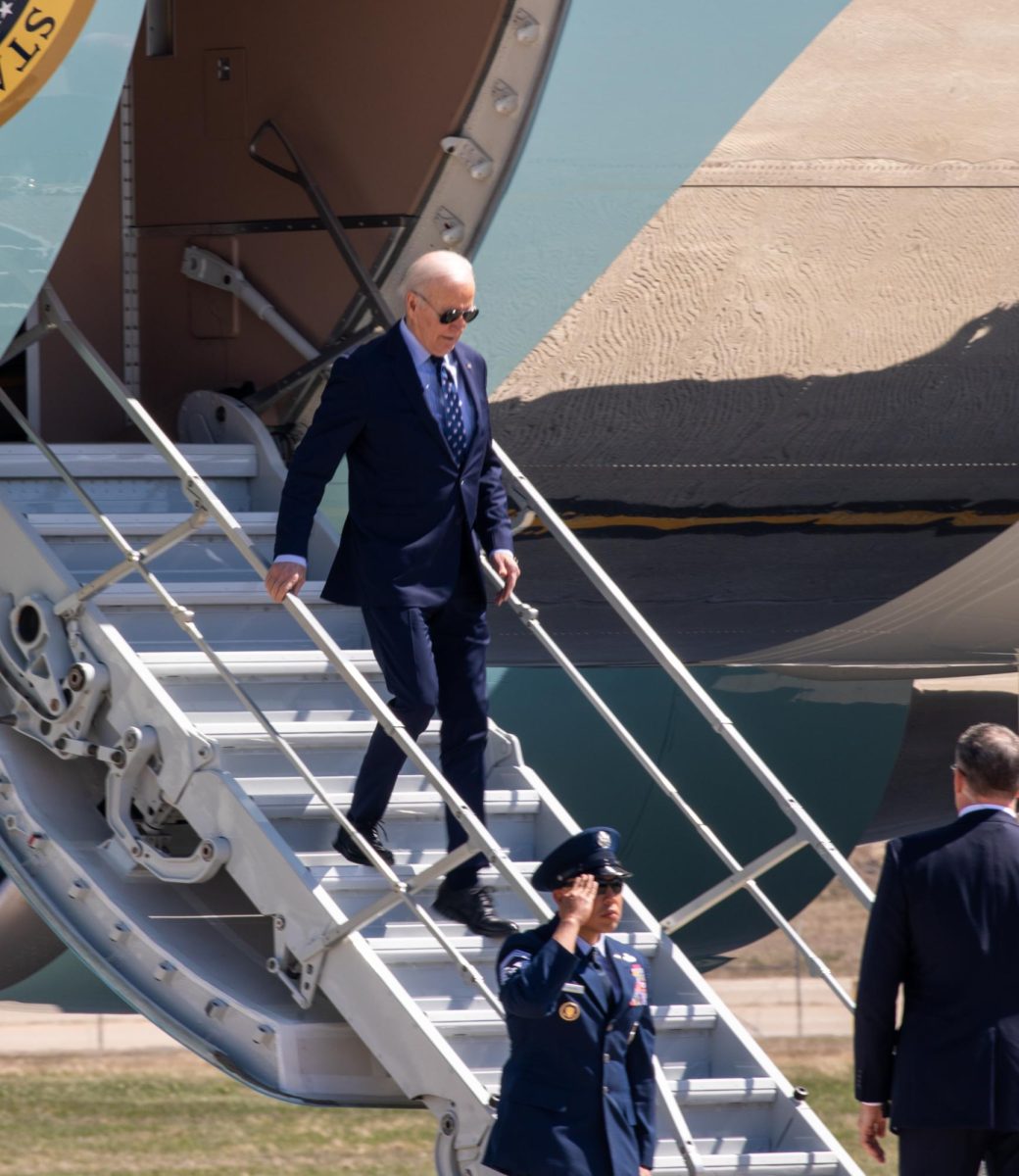It’s time to have a conversation that’s quickly becoming less taboo: whether or not we should be paying our college athletes.
The first thing associated with the name of a major university is often their athletic teams. College athletics generate insane amounts of revenue. According to Forbes, the University of Wisconsin is the 16th most valuable college football team in the nation, valued at $67 million, with $20 million in profit from the football team alone.
There are 85 scholarship football players, each receiving at least $20,000 to $30,000 worth of benefits a year. If you determine a player’s worth based solely on the profits of the team, they’re each worth more than $200,000 to UW every season. From this perspective, they’re vastly under-compensated.
Every sports fan knows the story of Johnny “Football” Manziel. Manziel is the Heisman winning quarterback of Texas A&M, and arguably the most valuable athlete in the history of college sports. In the fiscal year before Johnny Manziel won the Heisman, Texas A&M received $440 million in donations. The year he won the Heisman the university received $740 million in donations.
Soon Manziel was under investigation for taking money for his autographs. At the same time, the NCAA launched a store that sold player’s jerseys. The players did not receive a penny from the sales, and the NCAA took all the money.
If any college athlete profits from his own abilities he’ll be suspended, but if his school or the NCAA profit from them that’s just good business. The NCAA is scamming college athletes out of millions, if not billions, of dollars every year.
A main reason why athletes accept “illegal benefits” is because they want some extra walking around money, which their scholarships do not provide. I have a plan that could quickly solve this problem. This plan will give athletes a base amount of money and the ability to earn money based on their market value.
- Allow students to sell their autographs, endorsements and likenesses. This way athletes can profit off their abilities and image. If Wisconsin and other major college programs can sell their player’s jerseys then athletes should be allowed to as well. If Melvin Gordon and James White have popular jerseys, they deserve a portion of the profits.
- Allow private companies to sponsor teams. The school will keep a portion of the money and the remaining portion will be divided up among the players.
- Take 25 percent of profits from an individual sports team and divide up that amount among the players. The team will keep the remaining 75 percent. If a team is not profitable then their players will not receive anything.
- Set up a fund that guarantees health benefits for players that sustain long-term injuries and develop health problems from their playing days.
- Get rid of sports programs that are not profitable, or are not within 10 percent of their yearly budget. Getting rid of programs that are hemorrhaging money will make it easier to give money to the players that truly earn it. Teams that have large profit margins will not have their money siphoned away and given to teams that will never earn it back.
This plan rewards players that deserve to be rewarded. It benefits high-profile athletes that are currently exploited by their schools and the NCAA. It would be a great first step toward a world in which college athletes receive the compensation they deserve. On Wisconsin!
David Hookstead ([email protected]) is a junior majoring in political science. He is the creator of UW Confessions.







